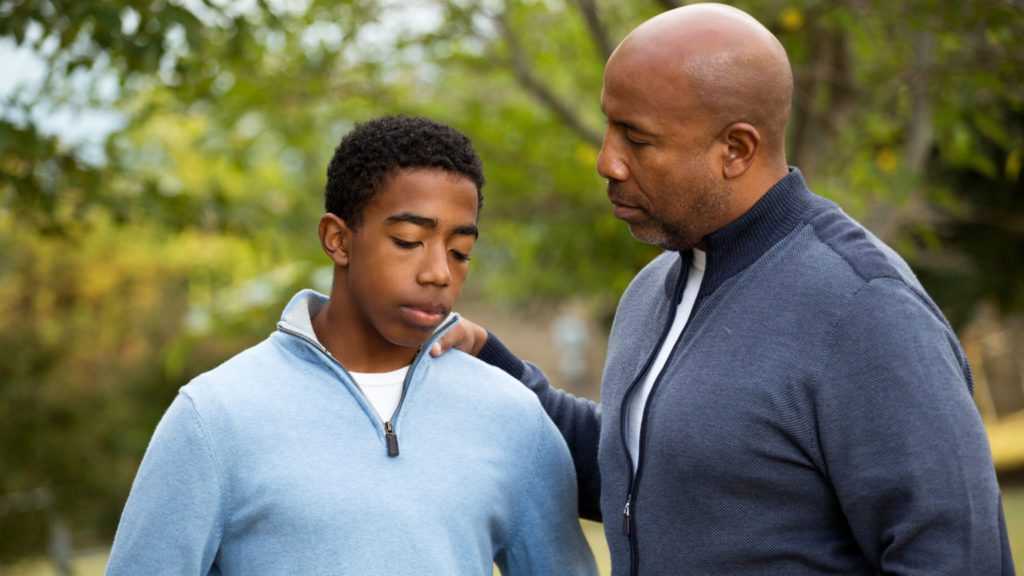One of your top responsibilities as a parent is to teach your child proper behavior. It is a highly complex task and needs a lot of patience. Many times, parents lose their tempers and get angry. However, learning practical and healthy discipline strategies is beneficial. It is essential to know how not to scold your child and why. Following are some practices to avoid at all costs while disciplining your child.
Practices To Avoid
Children must be taught appropriate behavior to live and work successfully in society when they grow up. Rewards for good behavior are part of good teaching. Your child’s age should guide your teaching methods. The following are some pointers on how not to scold your child and what alternatives you can use:
Disciplining While You’re Angry
Some things should never be combined, such as disciplining a child when angry, which is not a good idea. Take a few minutes or more to calm down and collect your thoughts before confronting your child with their inappropriate behavior. Take yourself or your child out of the immediate danger zone. You may even take a stroll to cool down. Allowing yourself and your child time to reflect on the conflict may help you both deal with it more calmly.


Yelling at Your Child
Many parents expect their children to respect them, but they frequently forget that respect is a two-way street. When disciplining their children, parents’ most common mistakes are yelling, speaking harshly and angrily, or even insulting their children. When disciplining children, one of the most important things to remember is giving and asking for respect in return.
Consider how you would like to be addressed if you resolve a disagreement with an adult, such as a coworker or relative. Get down on your child’s level and discuss the issue in a gentle but firm and respectful way. Try to remain calm no matter how angry you are.
Delivering a Long Speech
It is not a good idea to give a lengthy and detailed explanation of your child’s inappropriate behavior. Even those in school who are getting better at paying attention can quickly lose track of long discussions. Be as straightforward as possible and break it down into fundamentals for your child. Focus on building your child’s personality. Discuss what went wrong with older children and possible scenarios that could have resulted in better choices. Simply tell the child what the behavior was and why it was inappropriate.


Being Inconsistent
Your child is receiving contradictory messages when you’re inconsistent. You scold your child for not cleaning their room, but you ignore it when it is messy for days. Then you reprimand them once more for not keeping their room clean. Giving children clear instructions about what is expected of them is one of the most effective ways to help them correct bad behavior.
Give your child clear and simple instructions, as well as a list of realistic expectations. For example, if you want them to clean their room once a week, put it on a calendar and designate that day as “room clean-up day.” Prepare them for good behavior and give them consistent consequences if they don’t follow through.


Thinking of Only Punishing
Rethink your attitude toward discipline. Parents frequently forget that the purpose of disciplining their children is to provide them with clear guidelines and set limits so that they do not need to be punished. Discipline includes establishing boundaries and expectations so that children understand what is expected of them. The primary goal is for children to learn to self-evaluate themselves so that they do not need to be punished. Punishing and beatings will make your child have low self-esteem. When you discipline a child, you teach them how to make good decisions and choose positive behaviors in the long term.


Focusing Only On Their Mistakes
Hearing many “don’t” and “no” is not fun for anyone, let alone a little kid. Focusing on what the child did not do instead of what they should do can negatively impact them. Approach such situations more positively by discussing what can be done better. If your child is talking back to you or throwing a tantrum, show them some examples of speaking in a more pleasant and friendly tone.
Breaking The Rules Yourself
You tell your child not to lie, but you routinely lie to avoid doing things you don’t want to do. You yell at your children, telling them angrily to be nice to each other. The problem is that you frequently fail to recognize your behavior and fail to recognize that your children are watching your every move and learning how to behave by following your example.


FAQs
1. How to make your child mentally strong?
By teaching your child how to face their fears and teaching them skills for emotional regulation, your child will become mentally strong.
2. Is it okay to hit your child?
No, it is not okay to hit your child. It may stop them for the time being but will give birth to resentment in them and teach them physical abuse.
3. How can I tell if my child has a mental illness?
It is vital to keep a sharp eye on your child. If your child is sad for a lot of time, or talks about harming themselves, or is avoiding social situations, it is important to take them to a healthcare professional for expert advice.
Book an appointment now, to answer all your queries. You can book an appointment with the top psychologists in Pakistan through Marham by calling at Marham helpline: 0311-1222398 or by online booking facility through the website or Marham mobile app.
Can’t Find The App?
Android Users:
https://play.google.com/store/apps/details?id=controllers.marham.marhammed&hl=en
Drop a review for us at Playstore if you’ve had a good experience!
iPhone Users:
https://apps.apple.com/pk/app/marham-find-a-doctor/id1095243102
Stay Home. Stay Safe!

